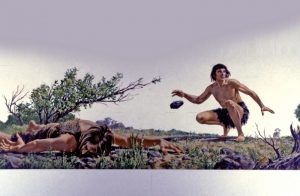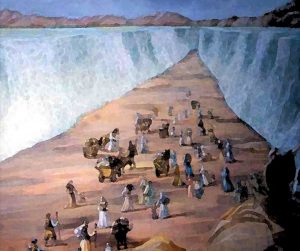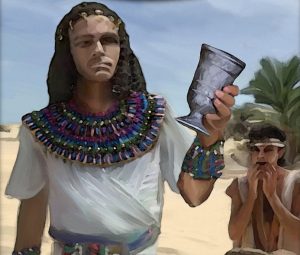Fasting is voluntarily depriving oneself of food and drink (Esther 4:16; Exodus 34:28). It symbolizes the refusal of food for the old man (our sinful nature), the absence of fleshly desire.
Fasting is not at all eating at night in order not to eat during the day. Fasting is not for preparing or seeking out food during the day that one can eat at night. Fasting is abstaining from eating with the goal of drawing closer to God, not to people.
Listen to what Jesus Christ says about fasting: “When you fast, do not look somber as the hypocrites do, for they disfigure their faces to show men they are fasting. I tell you the truth, they have received their reward in full. But when you fast, put oil on your head and wash your face, so that it will not be obvious to men that you are fasting, but only to your Father, who is unseen; and your Father, who sees what is done in secret, will reward you” (Matthew 6:16-18).
The Gospel also says: To some who were confident of their own righteousness and looked down on everybody else, Jesus told this parable: “Two men went up to the temple to pray, one a Pharisee and the other a tax collector. The Pharisee stood up and prayed about himself: ‘God, I thank you that I am not like other men–robbers, evildoers, adulterers–or even like this tax collector. I fast twice a week and give a tenth of all I get.’ But the tax collector stood at a distance. He would not even look up to heaven, but beat his breast and said, ‘God, have mercy on me, a sinner.’ I tell you that this man, rather than the other, went home justified before God. For everyone who exalts himself will be humbled, and he who humbles himself will be exalted” (Luke 18:9-14).
Romans 14:17 says: “For the kingdom of God is not food and drink, but righteousness, peace and joy in the Holy Spirit.”
Listen to a radio program about when Jesus Christ fasted: The Temptation of Jesus Christ .






